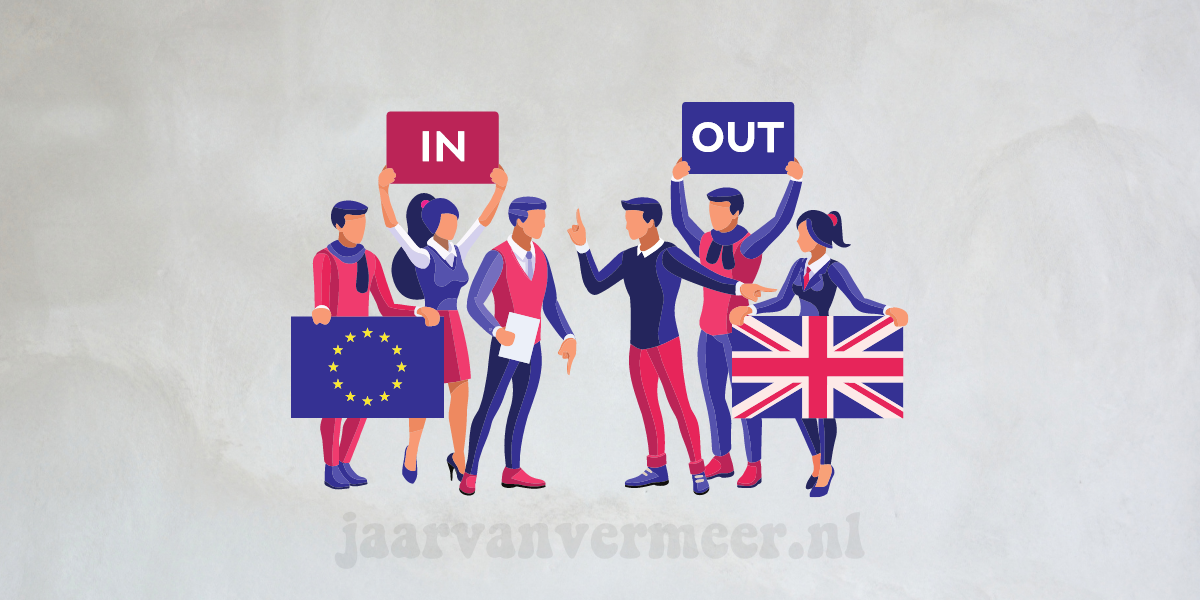
British businesses had faced many challenges since June 2016, when the UK voted in favor of leaving the EU. Even though Brexit was closer, it was difficult to predict how it would look or what trade would be affected.
The UK was able to withdraw from the EU’s single market until 31 December 2020. This prevented the creation of new regulations. A post-Brexit trade agreement was reached by EU and UK negotiators on December 24th, 2020.
New regulations were introduced to regulate goods leaving the UK, imports, paperwork required for shipment transport, and many other areas.
Many businesses have been affected by these regulations, as well as couriers who were faced with many obstacles when crossing or leaving continental Europe. This has had an impact on supply chains and caused shortages of certain goods.
This article will outline five of the significant challenges facing businesses, couriers, consumers, and other stakeholders; as a result of Brexit.
Increased bureaucracy
Some of the information that must be included in the new customs documentation include:
What modes of transport (e.g., ferry/train etc.) ferry/train etc.) will be used for transporting the goods from A-B
The address of the person who sent the goods and who will get them
Which ports will the goods pass through when they leave the UK to enter the EU or vice versa?
The weight and quantity of each shipment.
Description of the cargo and packaging used to protect it
Information about the owner and nationality of the courier vehicle
If you are shipping certain goods, please provide details about the countries that the trailer will travel through before arriving at its destination.
“This is the largest imposition of red tape that companies have had to deal with in 50 years.”
William Bain
British Retail Consortium
There are delays
As new checks are made on import and export goods, delays in the supply chain can be expected.
Rules for origin checks
Inspections of food
During this time, you will need to fill out and check the following paperwork:
An export document
An imported document
A commercial invoice
A packing list
Documentation for ENS/SSD
GVMS (for the transport of goods from the EU to the UK)
Transit accompanying Document (for the transport of goods through third countries while in transit)
Due to the COVID-19 crises, most checks of goods entering the UK from EU countries will be delayed until July 2021. However, there will still be checks for controlled substances like alcohol and tobacco.
On January 1, 2021, full controls were put on British exports to the EU.
“What is often misunderstood in different parts of government is how complex it is for those on the ground who deal with paperwork.”
Duncan Buchanan
Road Haulage Association
Higher Prices
Imports may be more expensive in the UK and EU due to the extra paperwork required, as well as the need to check the goods and follow regulations.
Retailers, who have been used to moving stock freely within the EU customs union, now need to set up separate supply chains for the UK. This is costing them more. Companies are also facing increased costs and bureaucracy to comply with UK tax authorities.
TNT and Federal Express, two international shipping companies, have also indicated that they will impose additional fees on shipments to the EU and the UK.
TNT, a mail and freight company, has announced that it will now charge a surcharge (PS4.31) for all shipments within the EU and UK. Similar measures were also taken by UPS and DHL, which are rivals.
“To reflect the increased cost of customs clearance, we are increasing transport rates for shipments from UK and EU.
TNT
Shortages
Nearly 30% of the food consumed in Britain is imported from the EU. Delays in the supply chain can lead to shortages. Non-perishable products were stockpiled by UK retailers to prepare for Brexit. However, these stocks won’t last forever.
Some EU-specific online retailers have stated that they will no longer supply the UK due to tax changes, which took effect on January 1, 2021. Dutch-based bicycle parts firm Dutch Bike Bits stated that it will ship internationally to all countries except the UK from now on.
“We are forced by British policies to cease dealing with British customers.”
Dutch Bike Bits
The Northern Ireland Border Issues
Northern Ireland will remain part of the EU single market of goods and, unlike the rest of the UK, it will continue to benefit from frictionless trade with the EU. There will be no checks at the border with the Republic of Ireland.
There will be new bureaucracy in the UK, however, between Great Britain and Northern Ireland.
The EU has strict rules regarding products of animal origin such as meat, fish, and eggs. All items that leave Great Britain and enter Northern Ireland after January 1, 2021 (therefore also entering EU’s single markets) must go through a border control point where paperwork is checked and a portion of the goods physically inspected.
All shipments between Great Britain and Northern Ireland will require a safety and security statement, as well as a customs declaration using a new IT system that traders have never used before.
Retailers still need to know how to ship parcels from Great Britain and Northern Ireland. Some have even suspended deliveries.
“The Government is not clear on the scope of regulation and customs processes involved.”
Stephen Farry,